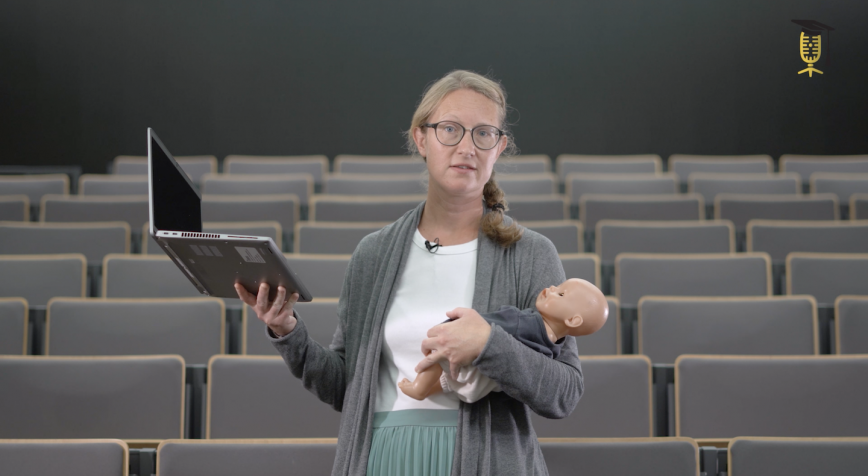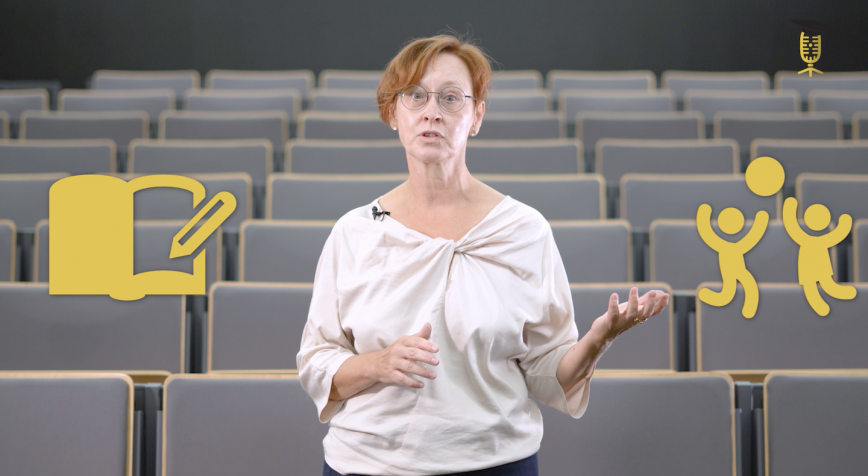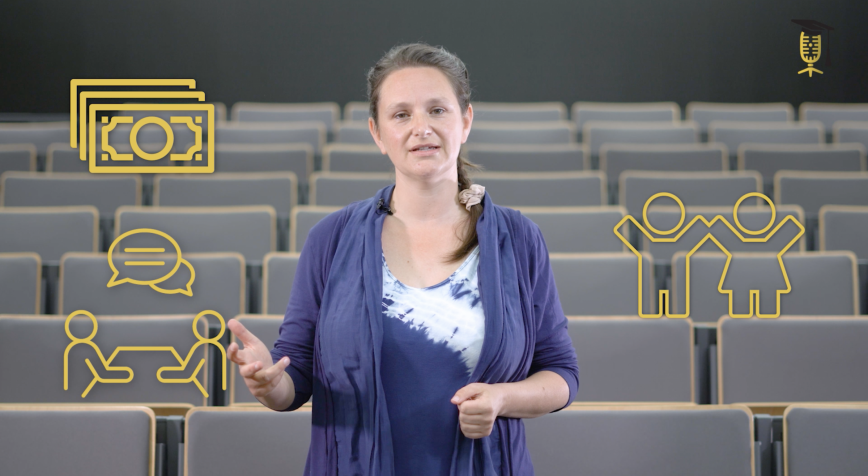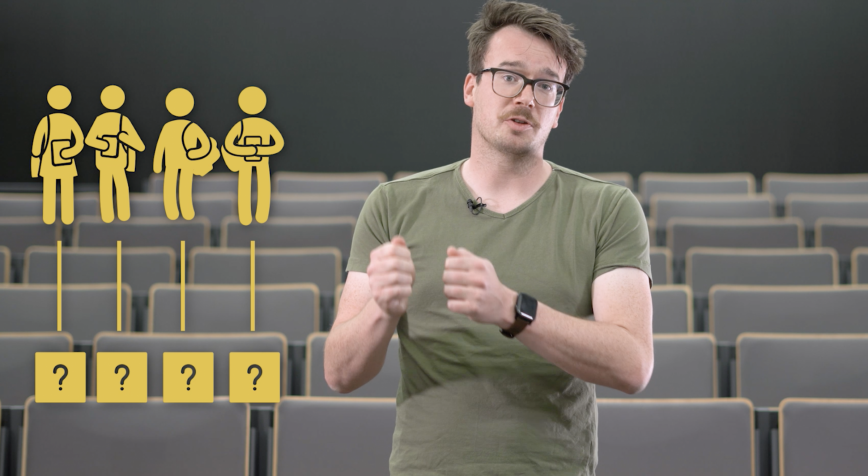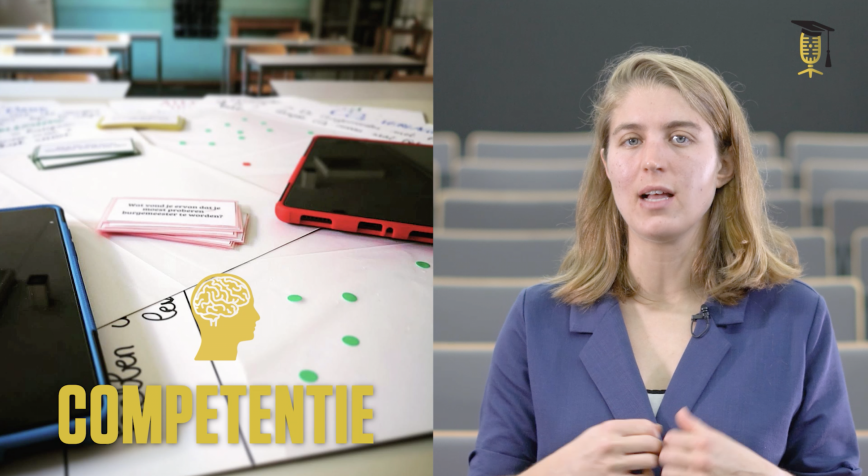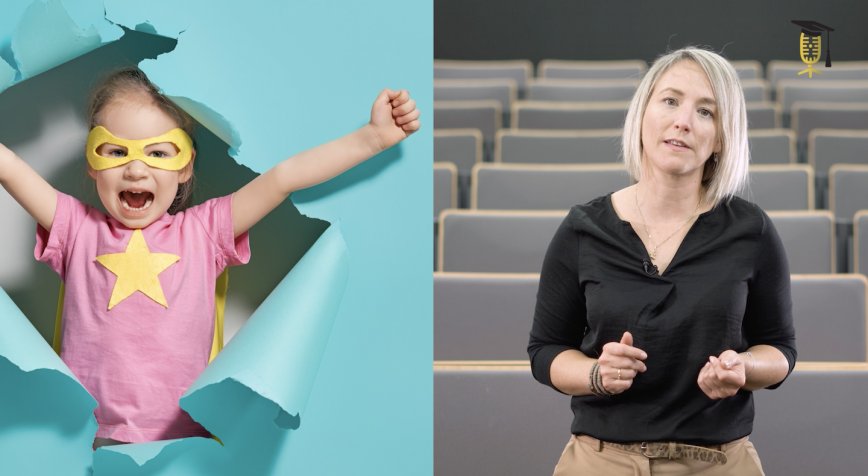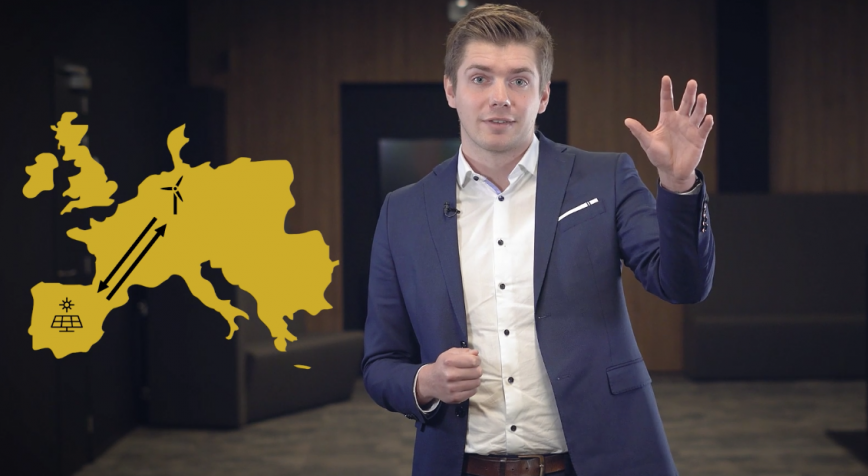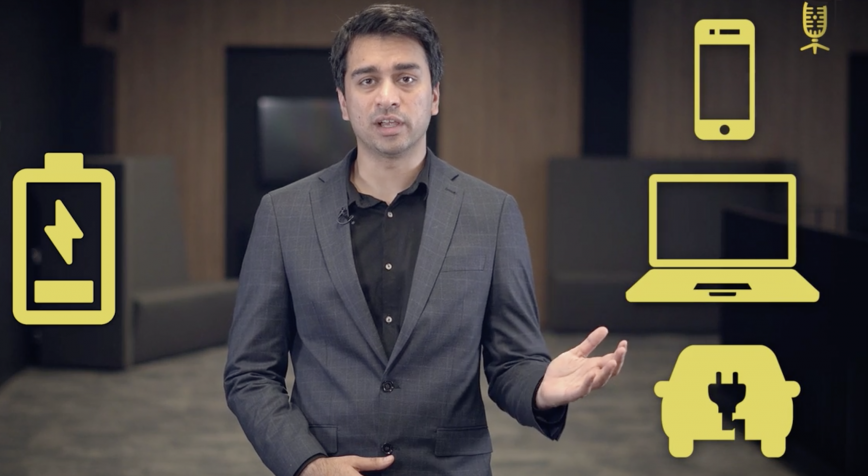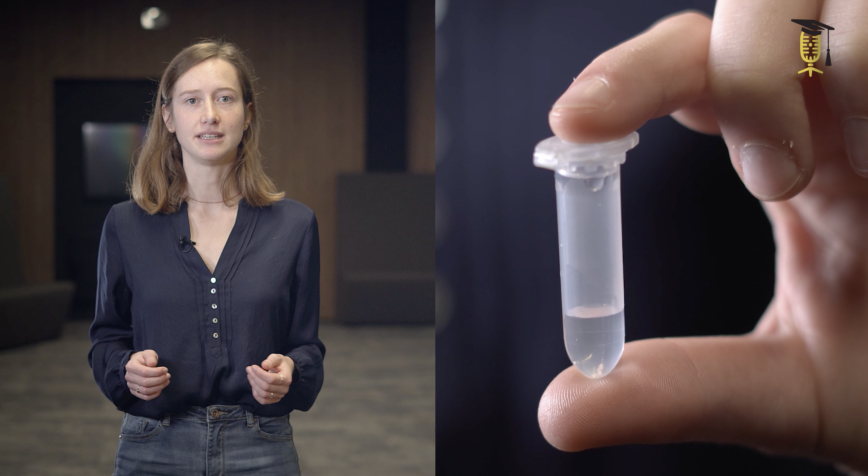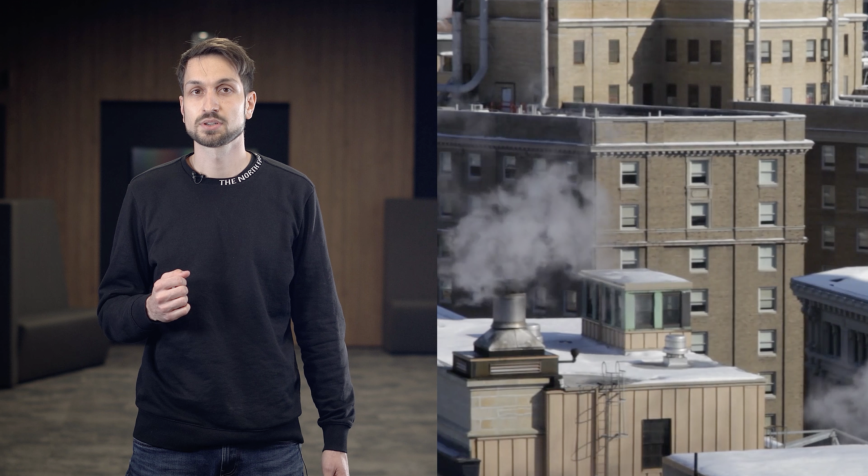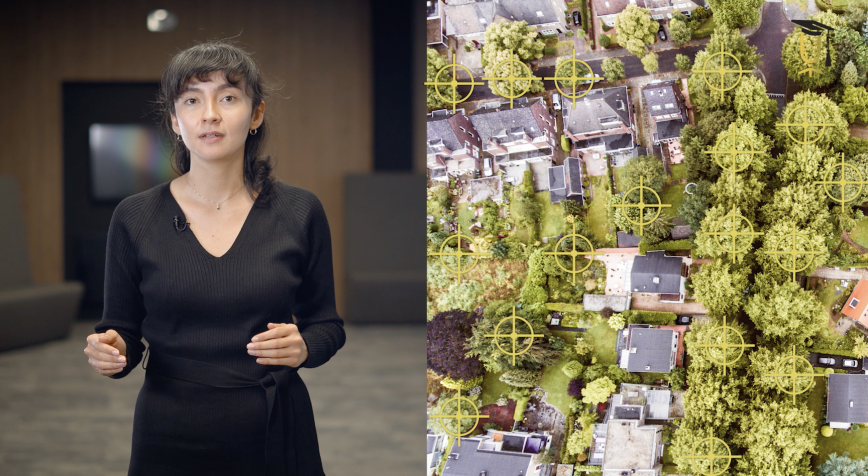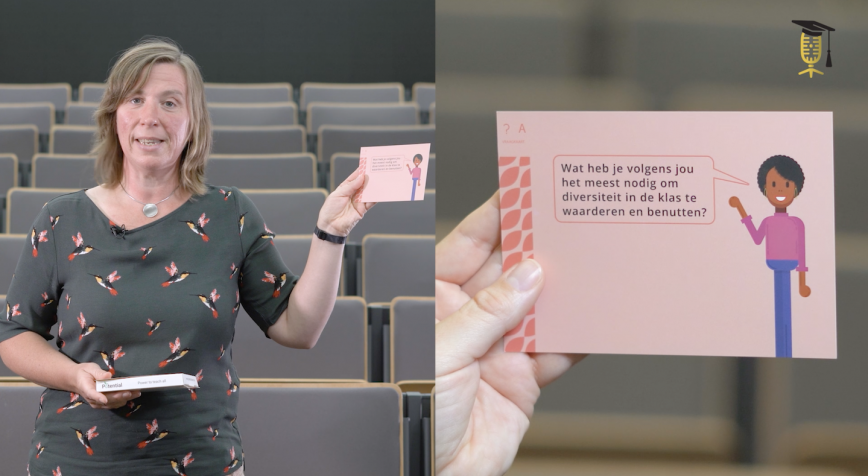
Arteveldehogeschool
The teacher: a superhero for every child?'
How does a teacher deal with diversity in the classroom? Many teachers feel inadequately trained in this area. Engaging in dialogue with pupils, parents, and colleagues helps to think of the most powerful solutions to these challenges together. But how do you start? Marijke Wilssens and her colleagues have developed a box of conversation starters to help teachers do just that.
